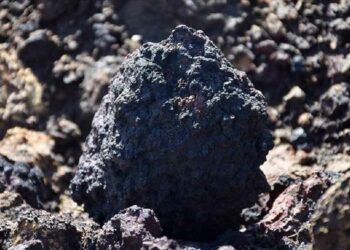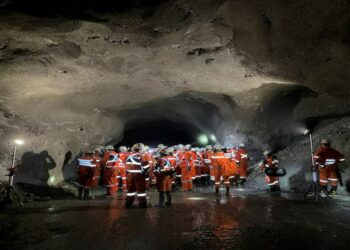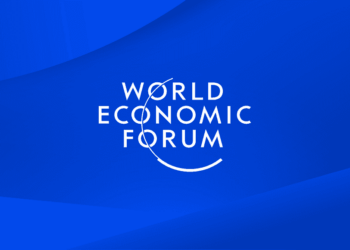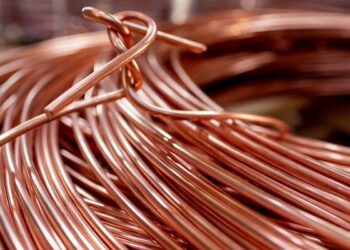GW4 Alliance has initiated a new research project that uses algae to harvest precious heavy metals and produce biofuel while cleaning up water at a Cornish tin mine.
GW4 consists of South West and Wales’ research-intensive universities, Bath, Bristol, Cardiff and Exeter.
Researchers from the four universities have joined Plymouth Marine Laboratory (PML) on work with the Coal Authority and Veolia to collect untreated mine water samples from Wheal Jane tin mine in Cornwall and grow algae in them under laboratory conditions.
The effectiveness of algae in removing materials such as arsenic and cadmium from the mine water will be revealed in the research.
Algae will be converted into a solid, which researchers plan to extract heavy metals from and recycle it for use in the electronics industry. Biofuels will be made using the remaining solid waste.
“This technology could be applied to any type of mine or could even be used to clean-up industrial effluent in the future.”
University of Bath Centre for Sustainable Chemical Technologies Whorrod Research Fellow Dr Chris Chuck said: “It’s a win-win solution to a significant environmental problem.
“We’re putting contaminated water in and taking out valuable metals, clean water and producing fuel.
PML microbial biochemist Dr Mike Allen said: “Acidic waste run-off from mines is not a regional issue restricted to Cornwall, it’s a global problem.
“It’s a particular problem in the developing world where costly clean-up and remediation activities are ignored because of their high cost and low return.
“By making the clean-up process pay for itself, we can improve both the health and the environment of millions of people around the world.”








